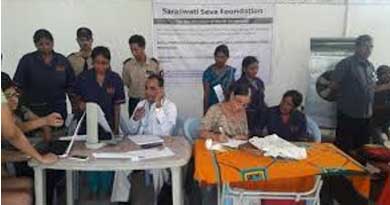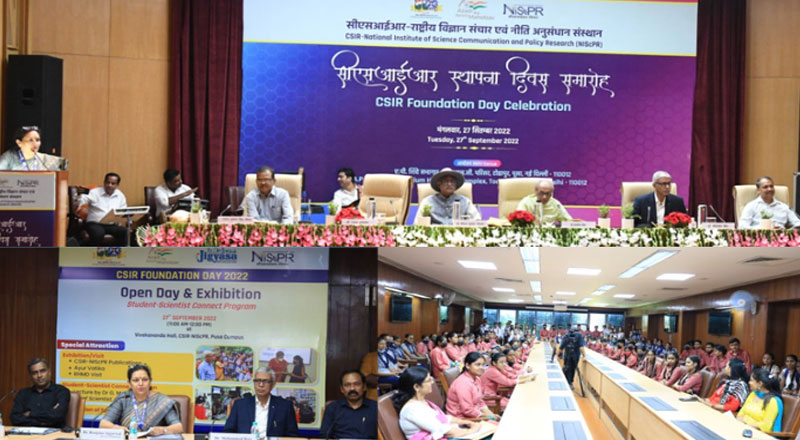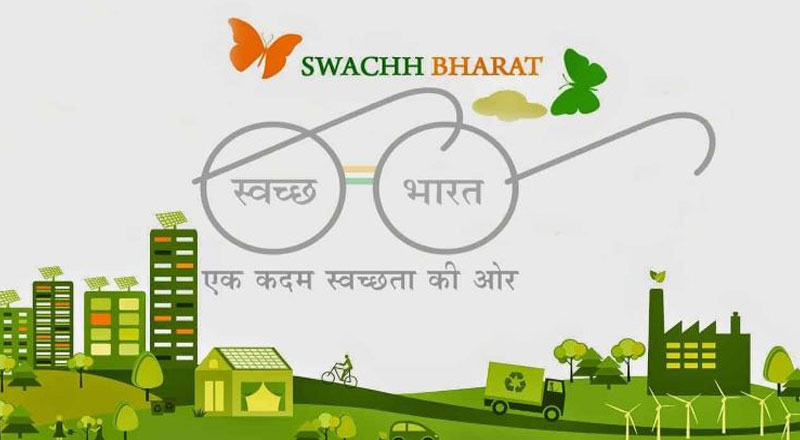Saraswati Seva Foundation (SSF), a non- profit organisation committed to serve the underprivileged communities using knowledge tools and networks to support a sustainable foundation of the society, with support from the Institution of Engineering and Technology (the IET) has launched a STEM – C (Science, Technology, English, Mathematics and Computer) Program to create ‘Tech Awareness Events’ in schools. The programme aims to promote project-based learning (PBL) in schools and organises STEM-C classes for thousands of under-privileged children in eastern Uttar Pradesh and in its next step, plans to support/assist students in making small technology related projects.
While SSF supplements school teaching with the best-in-class teaching resources using digital equipments, it has taken Robots, Humanoids, Segway, Multi-copters, Arduino, Micro-bits, Raspberry pi etc. to demonstrate and conduct DIY (Do it Yourself) sessions with the students under its “Tech-skill the Youth Program” (TSYP). STEM-C initiative combined with “Tech-skill the Youth Program” will skill the youth to build micro-enterprises, develop scientific temper for further research or develop tech-savvy employees for SMEs and large enterprises.
The Institution of Engineering and Technology Services India (IET), one of the world’s largest multi-disciplinary professional societies of engineers and technicians, signed a Memorandum of Understanding with the Saraswati Seva Foundation last year and the agreement is designed to facilitate the exchange of the IET Faraday content as well as technical know-how from the IET to enable the Saraswati Seva Foundation to train and up-skill teachers in schools catering to underprivileged.
SSF strongly believes that STEM-C subjects, demonstrated through current scientific inventions, help students understand its logic and application. SSF, along with its partners Innovant Prabal Labs and IET India, envisions to enhance the quality of school education, develop students’ interest in STEM-C subjects and orient them in local applications of cutting edge technologies. The programme has been implemented in schools that currently have the IET’s Faraday Programme in place. The IET Faraday India Programme aims to create an ecosystem which encourages curiosity, questioning of the status-quo among both students and teachers to fuel passion for Science, Technology, Engineering and Mathematics (STEM).
SSF has partnered with Innovant Prabal Lab to conceptualize and impart the Tech-skilling by setting up a “virtual SSF – Prabal Lab” in the schools to facilitate students do various technology projects. SSF, with the help of its partners Innovant Prabal labs and IET India, has also roped in private sector companies to provide trainers/subject matter experts who are passionate about helping school students in STEM projects.
SSF, in its second year of operations in Faizabad/Ayodhya region, is reaching out to approx. 20,000 under-resourced students across rural and urban segments for the STEM-C program and more than 5000 students for “Tech-skill the Youth Program” (TSYP).
Vivek Singh, who is President with Saraswati Seva Foundation, said, “Indian non-metro cities and villages have hugely under-explored human capital. They can do wonders if trained and resourced with the cutting-edge technologies in their local contexts.” He acknowledged the support from local administration at all levels. Also, he shared that discussions are in progress with regards to adopting a few schools and making them a model school which can be replicated in other places.





